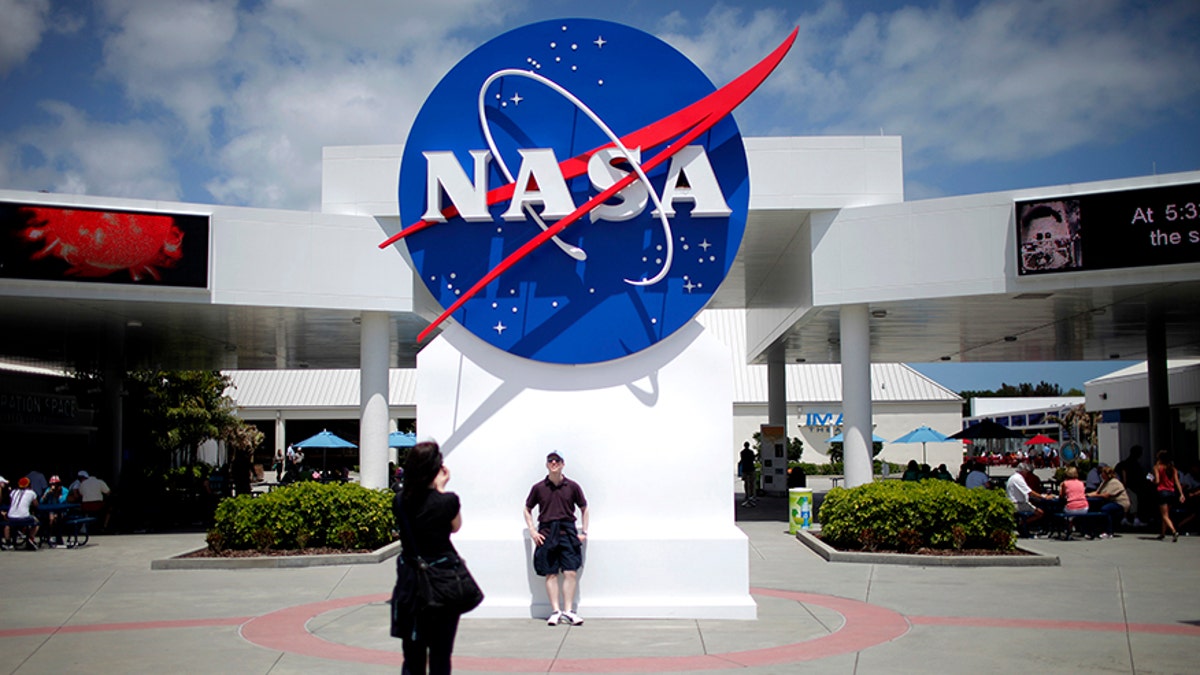Fox News Flash top headlines for June 7
Fox News Flash top headlines are here. Check out what's clicking on Foxnews.com.
NASA will launch three rockets within weeks from northern Australia for scientific research, authorities said on Wednesday, marking the first time the space agency will fire rockets from a commercial facility outside the United States.
The Australian government has granted regulatory approval for the rockets to be launched from privately owned Equatorial Launch Australia's (ELA) Arnhem Space Centre, Prime Minister Anthony Albanese said on Wednesday.
"This is a really exciting project," Albanese said during a media briefing in Darwin, the capital of the Northern Territory. "The idea that NASA is directly involved here in Australia should be something of pride for all Australians."
The NASA missions will investigate heliophysics, astrophysics and planetary science phenomena that can be only seen from the southern hemisphere. The first rocket will blast off on June 26, while the others are planned for July 4 and 12.
NASA HUBBLE SPACE TELESCOPE CAPTURES A STUNNING SPIRAL GALAXY
About 75 NASA personnel will be in Australia for the event, the prime minister said. The launches will be the first by the U.S. space agency from Australia since 1995.
The Arnhem Space Centre was recently awarded a launch facilities license and launch permit for the NASA campaign after a two-year evaluation by the Australian Space Agency.

April 14, 2010: Tourists take pictures of a NASA sign at the Kennedy Space Center visitors complex in Cape Canaveral, Florida. (Reuters)
NASA HUBBLE SPACE TELESCOPE HITS NEW MILESTONE IN MYSTERY OF UNIVERSE'S EXPANSION RATE
The Northern Territory government has backed the project from its inception, investing A$5 million ($3.6 million) in ELA to develop the Arnhem Space Centre, the company said.
CLICK HERE TO GET THE FOX NEWS APP
"This is a landmark occasion for the Top End," Northern Territory Chief Minister Natasha Fyle said, referring to the geographic region at the territory's north. "NASA is adding capacity and rocketing (the region) into the global spotlight for investors."
